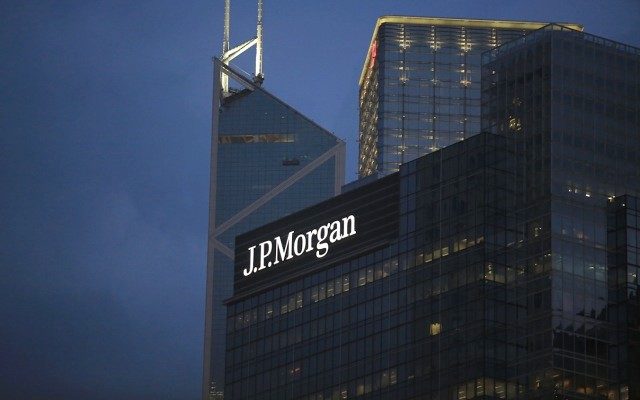Global financial crisis in 2020
September 22, 2018 | Expert Insights

The multinational investment bank and financial services company, JPMorgan has predicted that the next global financial crisis will strike again in 2020.
Though it has been over a decade since the 2008 global financial crisis many economic experts believe that the world will soon experience another financial crisis.
Background
The US Federal Reserve stimulated the struggling U.S. economy, post the September 11 attacks in 2001, by cutting interest rates to historically low levels. This resulted in a boom in the real estate market. Lenders began to extend mortgages to millions who couldn’t qualify for traditional bank loans. As a result, housing prices peaked and many of the subprime mortgages were affordable.
However, the meltdown occurred when the appreciated value led to high delinquency rates (late or overdue payment of mortgages). Thus, resulting in the value of these assets to plummet and banks who were heavily invested in these assets to experience a liquidity crisis. Several banks in Wall Street had to declare bankruptcies and a global recession followed. The government established the Emergency Economic Stabilization Act of 2008 and prepared a $700 billion stimulus to save the banks. Some estimates note that the financial crisis cost $15 trillion globally.
Analysis
This year is the 10th anniversary of the 2008 global financial crisis and a recent study conducted by strategists at JPMorgan predict that that next global financial crisis will strike in 2020.
The study also shows that many economies are still supported by the measures taken by governments and central banks across the world in the wake of the 2008 crisis. They also predict that this time the effect of the next crisis will be less painful and the current diminished market liquidity will be a ‘wildcard’ that would pose a grave threat.
Former British Prime Minister Gordon Brown had also expressed his concern and stated to the Guardian that, "We are in danger of sleepwalking into a future crisis." In addition, he said, “There is going to have to be a severe awakening to the escalation of risks, but we are in a leaderless world."
Veteran investor and an emerging markets fund manager and founder of Mobius Capital Partners LLP, Mark Mobius believes that “There’s no question we’ll see a financial crisis sooner or later because we must remember we’re coming off from a period of cheap money.”
In line with JPMorgan’s analysis, Mr. Mobius also indicates that tighter liquidity due to monetary policy normalisation has impacted many emerging markets. The rising dollar and deteriorating trade have also played a significant role. The fear is that the ongoing trade war between the two largest economies, the US and China will only worsen due to the blowback of the tariffs.
Richard Harris, a veteran investment manager, banker, writer and broadcaster – and financial expert has voiced his concern that Bitcoins could trigger the next global financial meltdown. He noted that “The next crash will not come because of some jiggery-pokery with voting rights or even accumulators; that is so last crash. This time it is likely to be around derivatives, of which the juiciest candidate is bitcoin and the other cryptocurrencies.”
Essentially, the recent two recessions that have occurred namely the 2001 Asian crisis and the 2008 financial crisis were due to the burst of the asset bubble. Hence, the prediction is that another financial crisis could occur due to a bubble burst viz. rising public debt.
Counterpoint
Contrary to many beliefs, former U.S. Federal Reserve Chair Janet Yellen, in June 2017 had voiced out that there will not be another financial crisis for at least as long as she lives. She believes that this is largely due to reforms of the banking system since the 2007-09 crash.
Assessment
Our assessment is that it would be practical for governments across the world to consider these warnings by experts. The 2008 financial crisis had a damaging ripple effect on the world that cost millions of jobs only because many governments were unaware when the stock market crashed. The absence of contingencies to counter the crisis also had a drastic effect on the global economy. We also believe it is imperative for governments to mend and revisit bankruptcy procedures to ensure that unserviceable debt does not increase. We feel that it is now important to restore investor confidence and put their finances in order.








Comments